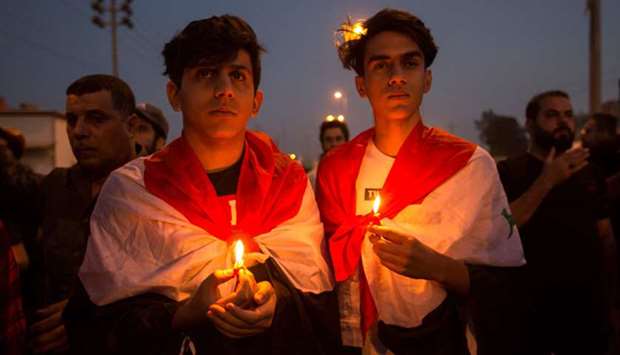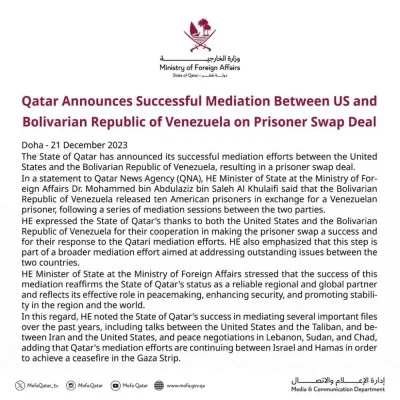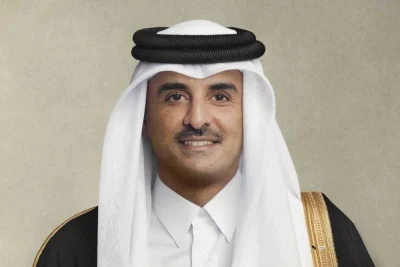Iraqi protesters shut down state institutions yesterday as the United Nations stepped up pressure on the government to enact a raft of reforms in response to anti-government rallies.
Backed by the country’s top religious authority, the UN’s phased plan demands an immediate end to violence that has killed more than 300 people since protests erupted in October.
It comes just days after Iraq’s influential neighbour to the east Iran brokered an agreement among Iraq’s main political forces to close ranks around the government.
As night fell yesterday in Baghdad, security forces fired live rounds, tear gas canisters and stun grenades from behind concrete barriers to disperse demonstrators near their main gathering place in Tahrir Square.
The mostly young demonstrators scattered briefly then defiantly regrouped, some using slingshots to fire rocks or Molotov cocktails at security forces. An AFP reporter and a security source said some two dozen people were wounded in the skirmishes, which have persisted in recent weeks as demonstrators resist efforts to snuff out their movement.
They were bolstered by a meeting Monday between the UN’s top Iraq official Jeanine Hennis-Plasschaert and senior cleric Grand Ayatollah Ali Sistani.
“We’re optimistic about the UN and I respect her visit to Sistani,” said one demonstrator, Ali Kadhem, 33, at the main protest site of Tahrir Square.
“Let them intervene more in Iraq. We want them here. Our people were starved, killed. We’ve been through everything.”
Across the country’s south, demonstrators shut down schools, government buildings and even state media offices.
In Amarah, crowds closed the local branch of Iraqi state television, accusing it of unfairly covering the demonstrations.
Schools closed in the towns of Hillah and Kut, where hundreds hit the streets, as well as in the protest hotspots of Nasiriyah and Diwaniyah.
Young people make up 60% of Iraq’s population of nearly 40mn, and youth unemployment stands at 25%, according to the World Bank.
The lack of employment is a key driving force behind the popular anger.
Demonstrators accuse the government, by far the country’s biggest employer, of handing out jobs based on bribes or nepotism instead of merit.
Since the protests started in early October, they have swiftly escalated into demands for a sweeping overhaul of the entire system.
But political parties appear to have rallied around the government of embattled Prime Minister Adel Abdel Mahdi.
Sources said they closed ranks following meetings led by Iran’s Major General Qasem Soleimani, the head of the Islamic Revolutionary Guard Corps’ foreign operations arm.

Iraqis march with lit candles during the funeral of a protester killed in anti-government demonstrations, in the southern city of Basra.


